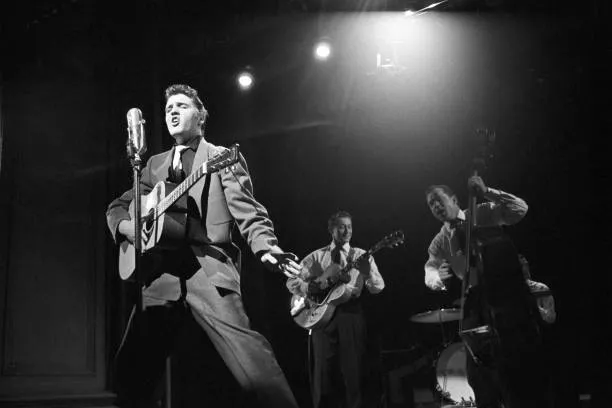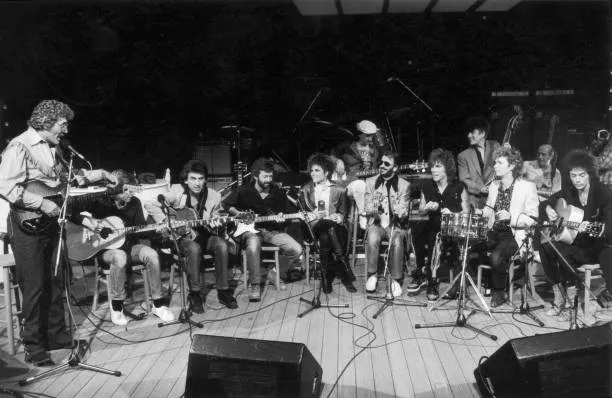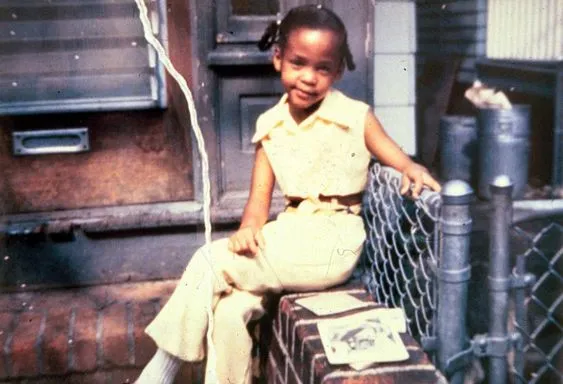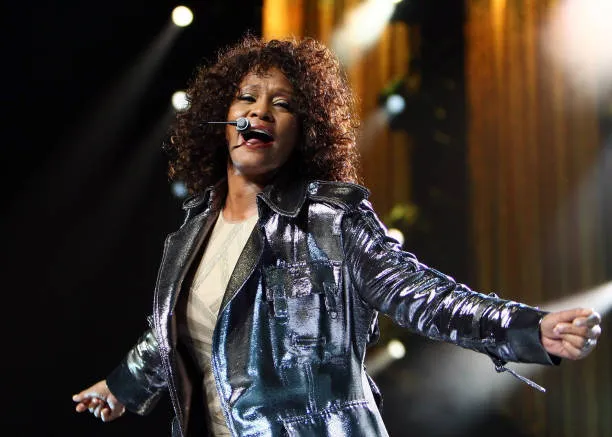When John Lennon was tragically murdered on December 8, 1980, the world lost one of the most influential musicians in history. The outpouring of grief was profound, with fans, fellow artists, and even politicians expressing their sorrow. But for Paul McCartney, Lennon’s death was not just the loss of a legendary figure; it was the heartbreaking end of a deeply personal chapter in his life. McCartney’s reaction, both immediately after the tragedy and in the years that followed, reflected the complex bond he shared with Lennon — a partnership that had changed the face of music and shaped both of their lives.
The Initial Reaction: Misunderstood and Misinterpreted

On the day after Lennon’s death, Paul McCartney was leaving a recording session when he was approached by reporters seeking a comment on his friend’s murder. Clearly in shock, McCartney gave a response that, at the time, drew heavy criticism: “It’s a drag, isn’t it?” For many, this comment seemed detached, even flippant, and it led to speculation that McCartney was indifferent to Lennon’s death.
However, the context of McCartney’s response reveals a more complicated emotional state. McCartney later explained that he had been at a loss for words and simply didn’t know how to express the deep grief he was feeling at that moment. In a later interview, he reflected on the awkwardness of the situation, saying, “What can you say when you hear news like that? It’s just too much. I was in shock.”
The shock and confusion McCartney experienced in the immediate aftermath of Lennon’s death were understandable. Despite their well-documented creative differences and public feuds following The Beatles’ breakup in 1970, McCartney and Lennon shared an unparalleled musical partnership that spanned over a decade. Lennon’s sudden death not only robbed the world of a musical icon, but it also took away the possibility of reconciliation or further collaboration between the two former bandmates.
The Private Grief: Paul McCartney’s True Feelings

While McCartney’s initial public comment was widely criticized, those who knew him understood that Lennon’s death had hit him hard. In interviews years later, McCartney opened up about how deeply he was affected. In a 1984 interview with Playboy, he admitted, “I can't tell you how much it hurt to lose him. His death is a bitter, cruel blow — I was crying all day.”
In private, McCartney struggled to cope with the loss of someone who had been a major part of his life from a young age. The two had met as teenagers in Liverpool and had formed The Beatles together, revolutionizing the music industry in the process. Despite their differences and personal clashes, McCartney and Lennon shared a bond that went beyond their professional partnership.
McCartney’s pain over Lennon’s death became evident in his music. One of the most significant tributes came in the form of "Here Today", a song from his 1982 album Tug of War. Written as a heartfelt reflection on his friendship with Lennon, "Here Today" captures McCartney’s grief and the sense of unfinished business between them. In the song, McCartney sings, “And if I said, I really knew you well / What would your answer be? / If you were here today.”
The Legacy of a Friendship

For McCartney, Lennon’s death not only marked the loss of a close friend but also the end of a relationship that had defined much of his adult life. Their partnership had been one of the most significant in music history, producing some of the most beloved and influential songs of all time. Despite their famous disagreements, McCartney and Lennon shared a creative chemistry that was unparalleled.
In the years since Lennon’s death, McCartney has continued to speak openly about his relationship with him. He has consistently honored Lennon’s legacy, paying tribute to him in interviews, concerts, and through his music. In addition to "Here Today," McCartney often reflects on Lennon’s influence during live performances, keeping the spirit of their collaboration alive.
Conclusion

While Paul McCartney’s initial reaction to John Lennon’s death may have seemed cold to some, the truth is that Lennon’s murder deeply affected him in ways that were hard to express in the immediate aftermath. The two shared a bond that transcended their professional differences, and McCartney’s grief was palpable in the years following Lennon’s passing.
John Lennon’s death marked the end of an era, not only for music lovers around the world but for Paul McCartney personally. His reflections on Lennon, through interviews and songs like "Here Today", reveal the deep sense of loss he experienced — a loss not only of a musical partner but of a friend with whom he had shared an extraordinary journey.



